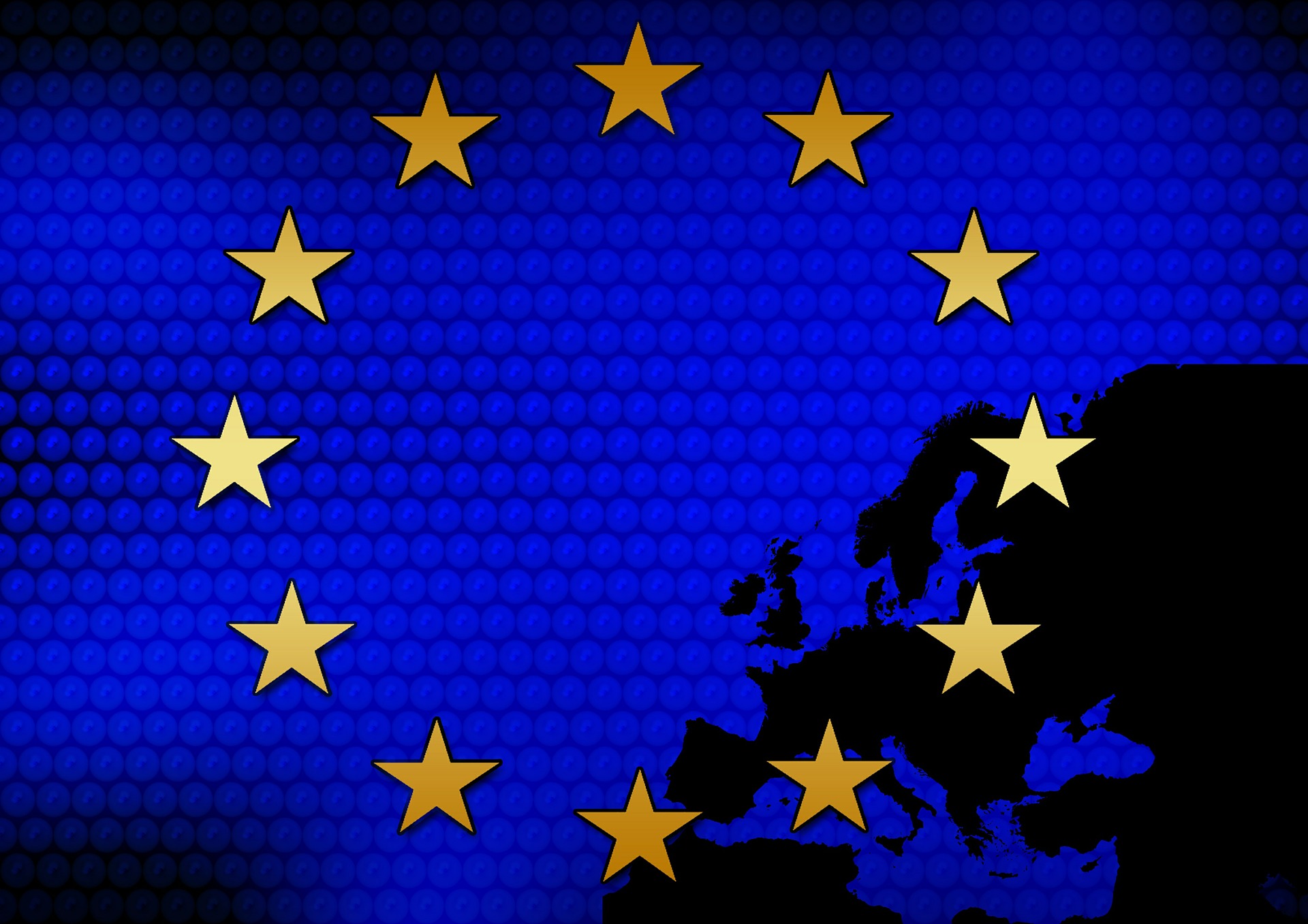
EU ViDA package agreed at ECOFIN
15 November 2024| CATEGORIES: EU VAT, Platform economy, VIDA| TAGS: digital reporting requirements, ECOFIN, EU, platform economy, single VAT registration, VIDA
The EU has reached agreement on the VAT in the Digital Age (ViDA) proposal. ECOFIN adopted all three pillars of the proposal after making a number of compromises to the original proposals to satisfy all 27 Member States.
What is ViDA?
The ViDA package is intended to update the EU VAT system to take account of advances in technology, address the challenges of the digital economy, and be more resilient against VAT fraud.
The ViDA package includes three pillars:
- digital reporting requirements, with new rules for digital reporting based on electronic invoicing
- a new VAT regime for platform economy operators in the short-term accommodation and passenger transport sectors, who will be responsible for collecting and remitting VAT (the ‘deemed supplier’ model)
- a broader application of the single place of VAT registration in the EU, to reduce the need for taxpayers to VAT register in each EU member state in which they do business.
For further details of the proposals and previous updates see our earlier blog articles here, here, here and here.
Latest amendments
The Estonian government had previously opposed the ViDA proposal due to concerns about the new deemed supplier regime. A compromise that secured Estonia’s agreement introduced greater flexibility by allowing member states to exempt SMEs from the deemed supplier rules and included a transition period for applying the rules which are now due to come into effect from 1 July 2028 optionally and be mandatory as of 1 January 2030.
With a few exceptions, the ViDA implementation dates have been postponed, but the measures are expected to be adopted in stages over the period 2027 to 2035. All dates are to be confirmed as well as any grandfathering of current e-invoicing systems for individual Member States. Due to substantial changes made by the Council in the directive, the European Parliament will be consulted again on the agreed text.
Aspects of the original proposal dropped
The Council decided not to extend the existing deemed supplier provision (which places the responsibility for collecting VAT on platforms that facilitate transactions rather than on the underlying suppliers) to all goods supplied by online platforms and the transfers of own goods. It also agreed not to change the rules on works of art and antiques.
The proposal to make the one-stop-shop for imports (IOSS) mandatory has been removed from ViDA and will now be discussed within the framework of the VAT aspects of the proposal to reform the Union Customs Code.
The EU press release is available here.
